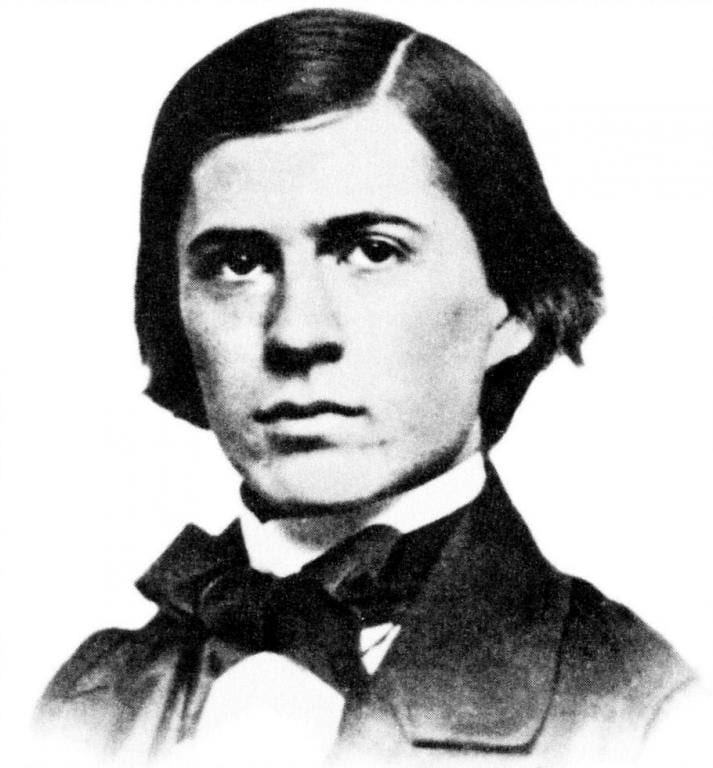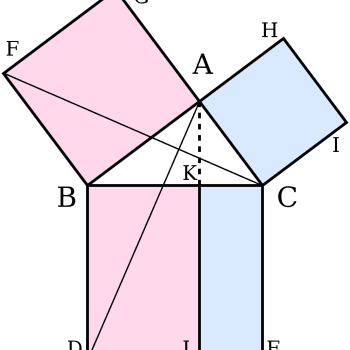
(Wikimedia Commons public domain image)
I published a blog entry a few days ago entitled “Imagination as a Key Element in Science and Mathematics,” to which what I’ll cite below has considerable relevance. In response to that entry, two readers called my attention to an essay by the late biochemist, novelist, and otherwise phenomenally prolific writer Isaac Asimov (1920-1992), perhaps titled “Eureka!” “The most exciting phrase to hear in science,” Asimov apparently wrote, “the one that heralds new discoveries, is not ‘Eureka!’ but ‘That’s funny . . .’ ” And that, too, is relevant to what appears below.
I’m citing notes from Alister E. McGrath, A Fine-Tuned Universe: The Quest for God in Science and Theology (Louisville, KY: Westminster John Knox Press, 2009), where he is talking about the late, great American philosopher and logician Charles Sanders Peirce (1839-1914):
Peirce holds that scientific thinking is characterized by a specific form of “abductive inference,” which can be set out as follows:
The surprising fact, C, is observed.
But if A were true, C would be a matter of course.
Hence, there is reason to suspect that A is true. (45)
A “surprising fact” designates an observation which is not covered by expectations arising from or generated by established beliefs. (46)
The tragically short-lived American philosopher of science Norwood Hanson (1924-1967) laid out what he regarded as three common features in “the logic of scientific discovery”:
- The observation of some “surprising” or “astonishing phenomena,” which represent anomalies within existing ways of thinking. This “astonishment” may arise because the observations are in conflict with existing theoretical accounts.
- The realization that these phenomena would not seem to be astonishing if a certain hypothesis (or set of hypotheses) H pertained. Those observations would be expected on the basis of H, which would act as an explanation for them. [It’s easy to see possible connections here with Bayesian analysis. -dcp]
- There is therefore good reason for proposing that H be considered to be correct. (46)
Abduction is thus to be considered as a distinct form of logical inference, which can be thought of as the “only kind of argument which starts a new idea” or as “the process of forming explanatory hypotheses.” It consists of an “act of insight” that “comes to us like a flash.” Peirce’s language here suggests that abduction can be compared to the creative and aesthetic dimensions of human reflection in which the explanatory hypothesis “has to be invented ex novo,” in an act of creative imagination as much as of rational analysis.” Indeed, Peirce himself notes that at times “abductive inference shades into perceptual judgment without any sharp line of demarcation between them.” (46)












